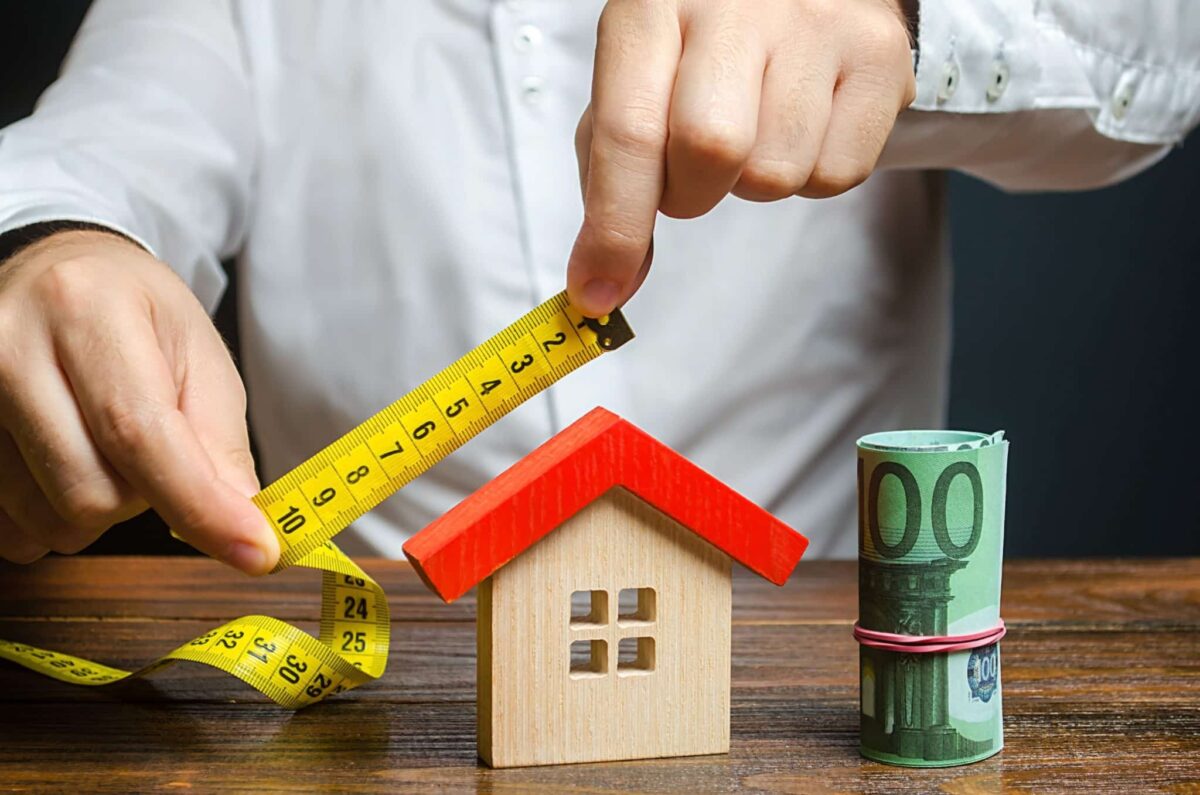Everything You Need to Know About Fort Worth Home Inspections

Buying a home is a significant investment, and one crucial step in the process is the home inspection. For Fort Worth residents or those considering purchasing property in the area, understanding the ins and outs of home inspections is paramount. In this comprehensive guide, we cover everything from the importance of home inspections to the specific aspects inspectors examine, helping you navigate this crucial stage in your home-buying journey.
1. Why Home Inspections Are Essential
1.1 Peace of Mind
A home is more than just a structure; it’s a place where memories are made and lives unfold. A thorough Home Inspection Fort Worth provides peace of mind by ensuring that the property is in good condition. It helps uncover potential issues that might not be apparent during a casual walkthrough, allowing buyers to make informed decisions.
1.2 Identifying Hidden Problems
Some problems in a home may not be visible to the naked eye. From electrical issues behind walls to plumbing problems concealed beneath the floors, a professional home inspection uncovers hidden problems that could turn into expensive repairs down the line.
1.3 Negotiating Power
Armed with the findings of a home inspection, buyers have the advantage of negotiating repairs or adjustments to the sale price. Sellers, in turn, may opt to address the issues before listing the property or adjust the price accordingly.
2. The Home Inspection Process
2.1 Choosing a Qualified Inspector
Selecting the right home inspector is crucial. Look for professionals who are licensed, experienced, and members of reputable organizations such as the American Society of Home Inspectors (ASHI) or the International Association of Certified Home Inspectors (InterNACHI). Verify their credentials and ask for references to ensure you’re working with a trustworthy expert.
2.2 Scheduling the Inspection
Once you’ve identified a qualified home inspector, schedule the inspection at a time that suits both parties. It’s advisable to be present during the inspection to gain firsthand insights and ask any questions you may have.
2.3 The Inspection Day
On the day of the inspection, the inspector will examine various aspects of the property. This includes the structural integrity, electrical systems, plumbing, HVAC (heating, ventilation, and air conditioning), roofing, and more. They may also check for the presence of pests, mold, or other environmental concerns.
3. Areas Covered in a Fort Worth Home Inspection
3.1 Exterior Inspection
The exterior inspection encompasses the condition of the roof, siding, foundation, and landscaping. Inspectors look for signs of water damage, improper drainage, or any issues that may compromise the structural integrity of the home.
3.2 Roofing Inspection
The roof is a critical component of a home, and inspectors assess its condition, looking for missing or damaged shingles, leaks, and potential issues that may require repairs or replacement.
3.3 Structural Components
Inspectors examine the structural elements of the home, including the foundation, walls, and framing. Any signs of cracks, settling, or structural damage are carefully noted.
3.4 Plumbing System
A thorough evaluation of the plumbing system includes checking for leaks, water pressure, and the functionality of fixtures. Inspectors also assess the condition of pipes, water heaters, and sewer lines.
3.5 Electrical Systems
The electrical inspection covers the wiring, circuit breakers, outlets, and the overall safety of the electrical system. Identifying potential fire hazards or outdated wiring is crucial for the safety of the occupants.
3.6 HVAC Systems
Heating and cooling systems are assessed for functionality, age, and overall condition. Properly working HVAC systems are essential for comfort and energy efficiency.
3.7 Interior Inspection
Inspectors evaluate the interior spaces, checking for issues like water damage, mold, or structural concerns. They assess the condition of doors, windows, and the overall safety of the interior environment.
3.8 Insulation and Ventilation
Proper insulation and ventilation are vital for energy efficiency and indoor air quality. Inspectors evaluate the insulation in walls and attics, ensuring it meets current standards. They also check ventilation systems, including bathrooms and kitchens.
3.9 Environmental Concerns
Inspectors may address environmental concerns such as the presence of mold, radon, or pests. These issues can have health implications and may require specialized inspections or remediation.
4. The Inspection Report
4.1 Documentation of Findings
Following the inspection, the home inspector provides a detailed report outlining their findings. This comprehensive document serves as a valuable resource for both buyers and sellers, detailing the condition of the property and any recommended repairs or improvements.
4.2 Understanding the Report
Buyers should carefully review the inspection report, seeking clarification on any aspects they find unclear. If there are major issues, it may be necessary to consult with professionals, such as contractors or structural engineers, to assess the extent of repairs needed.
4.3 Negotiation and Next Steps
Armed with the inspection report, buyers can enter into negotiations with the seller. Depending on the findings, they may request repairs, a reduction in the sale price, or additional inspections for specific concerns.
5. Additional Considerations
5.1 New Construction Inspections
Even in the case of new construction, a home inspection is recommended. It ensures that the builder has adhered to quality standards and identifies any issues that need addressing before the home is occupied.
5.2 Pre-Listing Inspections
Sellers can benefit from having a pre-listing inspection before putting their home on the market. This proactive approach allows them to address any potential issues in advance, potentially speeding up the selling process.
5.3 Maintenance Inspections
Regular maintenance inspections can help homeowners identify and address issues before they escalate. Catching problems early can save money in the long run and ensure the longevity of the home.
6. Choosing the Right Inspector in Fort Worth
6.1 Recommendations and Reviews
Seek recommendations from friends, family, or your real estate agent when choosing a home inspector. Online reviews and testimonials can also provide insights into the inspector’s reputation and the quality of their work.
6.2 Licensing and Credentials
Ensure that the inspector is licensed and holds relevant credentials. Membership in professional organizations, such as ASHI or InterNACHI, indicates a commitment to industry standards and ongoing education.
6.3 Communication Skills
Choose an inspector who communicates effectively. A clear and detailed inspection report, as well as the ability to explain findings in layman’s terms, is crucial for a successful home inspection process.
Conclusion
A Fort Worth home inspection is a critical step in the home-buying process, offering valuable insights into the condition of the property. By understanding the importance of home inspections, knowing what to expect during the process, and carefully reviewing the inspection report, buyers can make informed decisions and ensure that their investment is a sound one.










